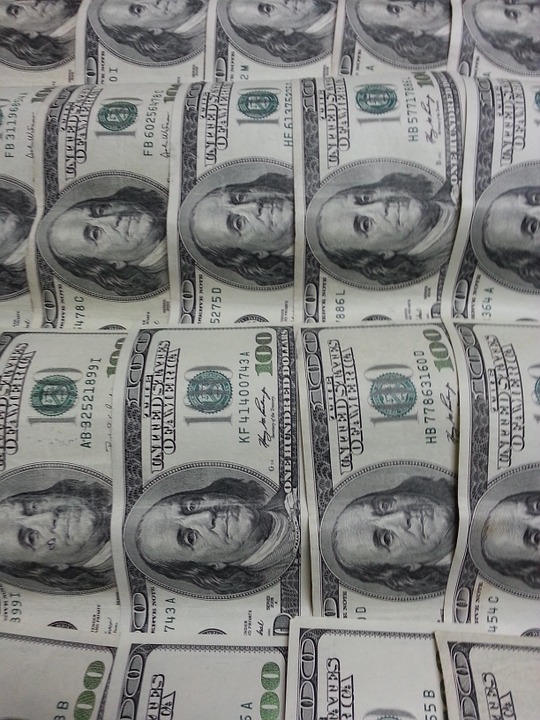The new tax law has passed and is waiting for the signature of the president. This change will provide a huge economic benefit for many corporations, especially for those that keep money overseas, due to the repatriation tax holiday.
Although there will be benefits to having plants and facilities in other countries, it is expected that most companies will prefer to have most of their operations in the United States. Many U.S. citizens are now starting to benefit from the corporate tax cut such as the AT&T (T) $1,000 bonus for all employees.
From an investor standpoint, the fundamentals for certain companies should improve dramatically which should help the stock price. Here are some of the corporations with the biggest cash holdings overseas.
Apple (AAPL) ~ $215 billion to $252 billion depending on what source you use and what day of the month it is
Microsoft (MSFT) ~ $128 billion
Cisco (CSCO) ~ $68 billion
Oracle (ORCL) ~ $48 billion to $54 billion
Alphabet / Google (GOOG) ~ $32 billion
Johnson & Johnson (JNJ) ~ $41 billion
Amgen (AMGN) ~ $36 billion
Watch the performance of these stocks during the new year. Speaking of new year, Happy New Year!!!




